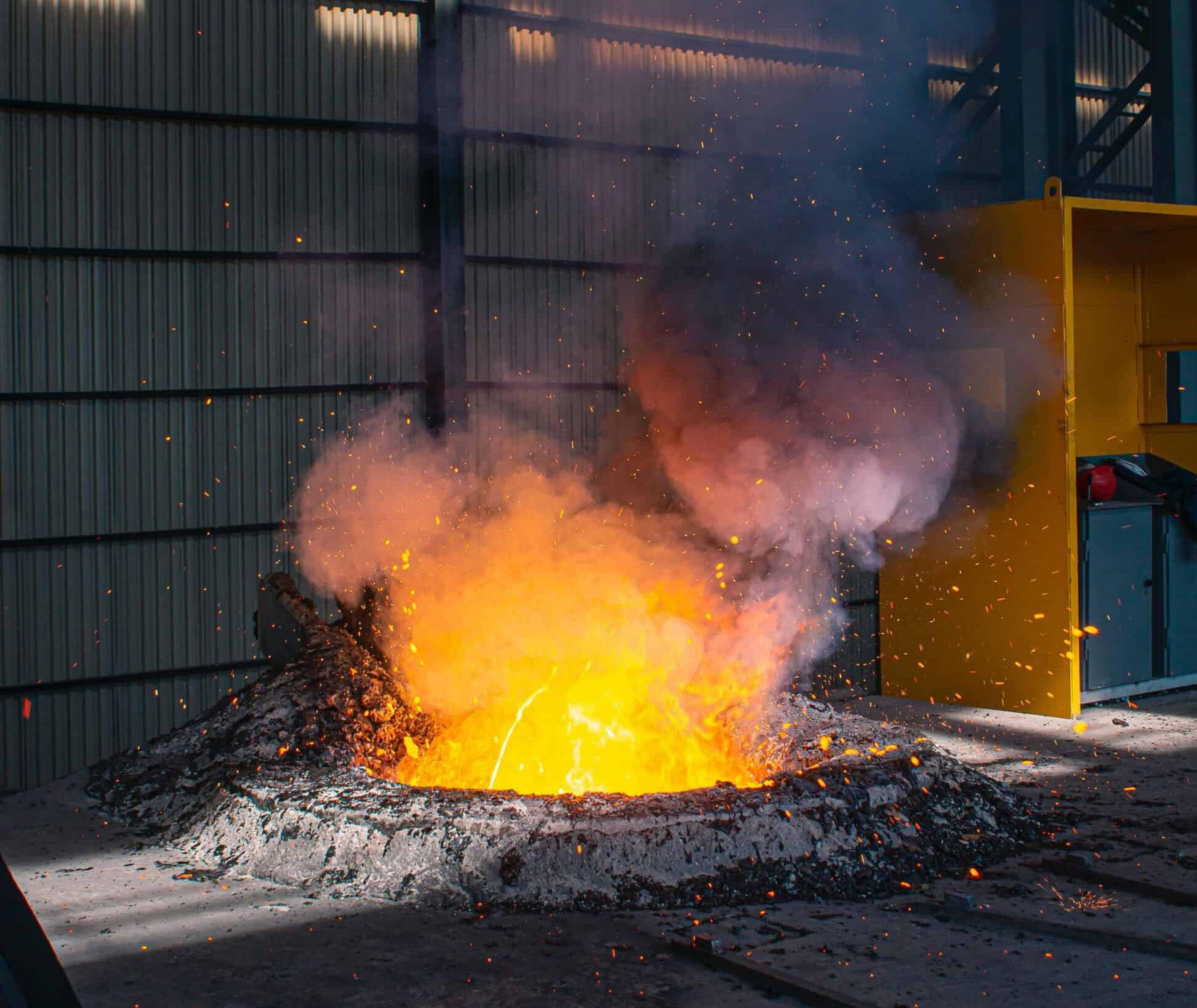Critical Takeaways
- The Crucible of Crisis doesn’t develop your skillset, it reveals it. Your strengths and weaknesses are exposed and magnified: great leaders excel while weak ones stumble.
- This is counter to the idea that the unique circumstances of a crisis will somehow unlock previously unseen skills and people will rise to the occasion.
- Ensure that you will like what you see when the Crucible of Crisis exposes you by training, exercising and preparing for what you might face.
https://youtu.be/PxAMNW0nEhQ
A phrase, or a concept, that I’m quite fond of is the concept that the ‘crucible of crisis doesn’t develop your skillset, it reveals it’. The reason I find that so impactful is that when I’ve seen leaders – and those who support them – operating in crises, it really lays bare and reveals their skill, their readiness, and their capacity for leadership.
This is counter to some people’s thinking which imagines that the unique circumstances of a crisis will somehow unlock previously unseen skills and people will rise to the occasion.
In my experience, that’s not the case.
You play with the hand you’ve got
When a crisis hits, you play with the hand you’ve got. Your strengths and weaknesses are exposed and magnified: great leaders excel while weak ones stumble.
BP’s Deepwater Horizon tragedy that impacted the Gulf of Mexico here in the United States provides a stark example. BP’s CEO at that time was Tony Hayward and what that crisis revealed is that he would much rather be sailing in the English Channel than be dealing with this problem in New Orleans. Comments such as he’d “like to have his life back” – which was particularly insensitive given the 11 workers who had lost their lives – made it clear that he wasn’t committed to solving this enormous issue. His limitations were exposed for all to see.
Preparation, preparation, preparation
So I don’t believe that people grow into crisis response with on-the-job training – I think they get there by practice, thinking about it, and most importantly, having the core values and the core belief systems around transparency, authenticity, problem-solving, and seeking the truth, no matter where it takes you. Those are the key characteristics of a sound response, and that’s what gets revealed in the organizations that do really well in a crisis.
But the truth also gets revealed in organizations that do very poorly. Weaknesses show, limitations are exposed and teams struggle.
Therefore, the crucible of crisis doesn’t develop your skills and it doesn’t develop your leadership; it reveals it. But you can stack the odds in your favor.
You can train, practice, and use crisis simulations. Some organizations want to run extensive training and complex simulations whereas others simply pull a headline from the newspaper and ask, ‘What if this had happened to us? How would we respond? Are we ready in a situation like this?’
The important thing is that they are preparing beforehand, not leaving things to chance.
What does not kill you makes you stronger (but first you have to survive)
Don’t get me wrong, there is growth, maturity, and development that comes from experiencing a crisis: as Nietzsche said, “what does not kill me makes me stronger”. But these developments come at a cost and aren’t usually fast enough for you to improve ‘on the job’. Better to go into the situation as well-prepared as possible. Remember, Nietzsche’s saying only applies if you survive.
What more horrible way to earn your stripes is there than simply surviving a number of crises? Clearly, people get better the more experience they have but surviving a crisis isn’t guaranteed. Hoping that you will rise to the occasion and improve in the moment makes it more likely that you won’t survive to fight another day.
Make sure you’re going to like what you’ll see
Instead, what you really want to do is make sure that when you’re in that moment, and your leadership and skills are revealed, that you’ll like what you see.
You want to be ready for what you’re about to face.
And the best way to be ready is to prepare. Run crisis simulations; challenge your internal organization; understand and challenge your chain of command; test your teams and your procedures; build your skills; and make sure that you can deliver on what you say you’re going to do.
Prepare, be careful, and be conscious.
That way, when the crucible of crisis reveals your leadership, you’ll like what you see.


